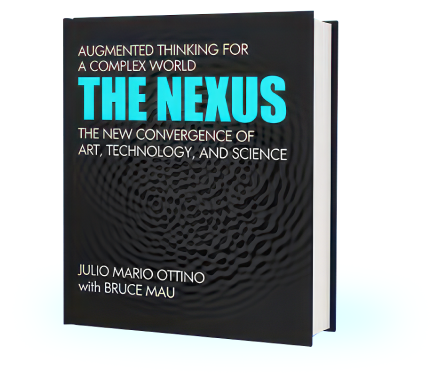It is hard, from the perspective of our times, to imagine the power that Newtonian ideas have had on the world — a worldview characterized by perfect determinism, complete predictability, and direct causality. Its reach extended far beyond physics, permeating philosophy, economics, theology, business, and government. A succession of awe-inspiring revolutions took place since the advent of Newtonian mechanics: statistical and quantum mechanics, relativity, evolution, the DNA and computer revolutions, placing us now at the doorstep of the AI-age.
But Newtonian thinking endures – the belief that outcomes can be predicted and managed with the right information and controls.
Dislodging entrenched thinking is hard.
The challenge, however, is not the lack of new ideas; it is the strength of the old ones. The world today requires thinking that moves us from a paradigm of linear causality to one of complex interconnectedness, to a reality that is inherently probabilistic rather than deterministic, one that requires comfort with emergence and seemingly contradictory perspectives.
What does emerge from a synthesis of all post-Newtonian revolutions? Will the development of new tools extend current thinking or produce new thinking?
Watch the full talk below for more.
4:25 – Introduction
6:08 – VUCA and BANI; clock and cloud problems
7:17 – The amazing influence of Newtonian thinking
13:49 – Placing Newtonian thinking on big canvas
15:12 – When Thomas Hobbes visited Galileo. The birth of Leviathan.
19:20 – The amazing scientific revolutions that followed
24:14 – The synthesis of all the revolutions. The organization for our times.
28:30 – How to act in the present world. Post VUCA is BANI.
36:09 – The importance of tools and the AI revolution. Creativity and AI.
42:13 – Prediction and understanding. The post-Newtonian thinking.
47:43 – The options we have. Be a game designer.
47:09 – The end
Julio’s Perspective
